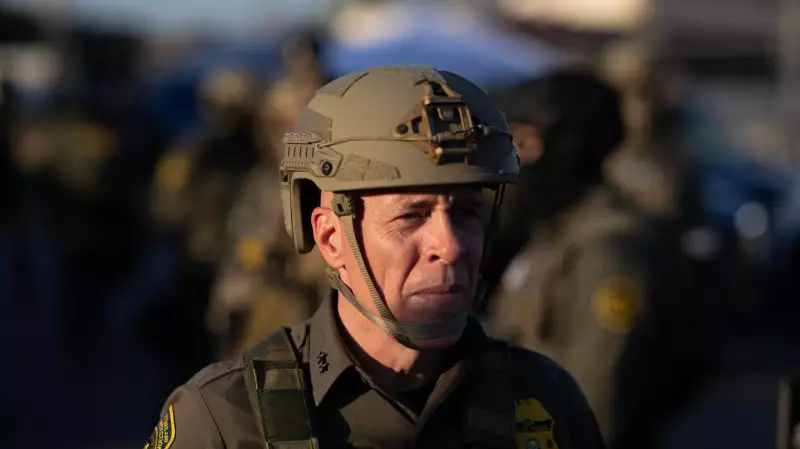
Chicago is about to witness one of the most significant federal law enforcement operations in recent memory, as the Justice Department prepares to deploy specialized teams to tackle the city's persistent gun violence and organized crime networks.
Unprecedented Federal Intervention
The upcoming enforcement surge represents a dramatic escalation in federal involvement in Chicago's public safety efforts. According to Justice Department officials, this initiative will bring together multiple federal agencies in a coordinated assault on the illegal firearms trade and violent criminal organizations that have plagued the city.
The operation marks a pivotal moment in Chicago's ongoing battle against crime, with federal authorities committing substantial resources and personnel to support local law enforcement. The timing suggests growing federal concern about the effectiveness of current crime-fighting strategies and the need for more aggressive intervention.
Multi-Agency Coordination
This comprehensive enforcement effort will involve several key federal agencies working in concert:
- ATF (Bureau of Alcohol, Tobacco, Firearms and Explosives): Leading the charge against illegal firearms trafficking and straw purchasing networks
- FBI: Focusing on organized crime syndicates and violent gang operations
- U.S. Marshals Service: Targeting fugitives and high-risk offenders with outstanding warrants
- DEA: Addressing the intersection of drug trafficking and gun violence
The coordinated approach aims to create a comprehensive enforcement net that addresses multiple facets of Chicago's crime problem simultaneously.
Strategic Focus Areas
Federal authorities have identified several priority areas for the enforcement surge:
- Illegal Firearms Pipeline: Disrupting the flow of illegal weapons into Chicago neighborhoods
- Repeat Violent Offenders: Concentrating on individuals with extensive criminal histories
- Criminal Organizations: Dismantling structured gangs and criminal networks
- Community Impact Zones: Focusing resources on areas most affected by gun violence
Local Response and Collaboration
Chicago police officials have expressed cautious optimism about the federal reinforcement, emphasizing the importance of collaborative efforts in addressing the city's public safety challenges. The partnership represents a significant boost to local enforcement capabilities, providing access to federal resources, intelligence, and specialized expertise.
Community leaders are watching closely, hoping that the increased federal presence will bring meaningful results while maintaining positive community relations. The success of similar operations in other cities has shown that federal-local partnerships can yield significant reductions in violent crime when properly executed.
Long-term Implications
This enforcement surge could have far-reaching consequences for Chicago's public safety landscape. Beyond the immediate impact on crime statistics, the operation may influence future law enforcement strategies and federal-local cooperation models across the country.
The Justice Department's commitment signals a renewed federal focus on urban violence and could pave the way for similar interventions in other cities facing comparable challenges. As Chicago prepares for this significant law enforcement presence, all eyes will be on the outcomes and lessons learned from this ambitious initiative.





